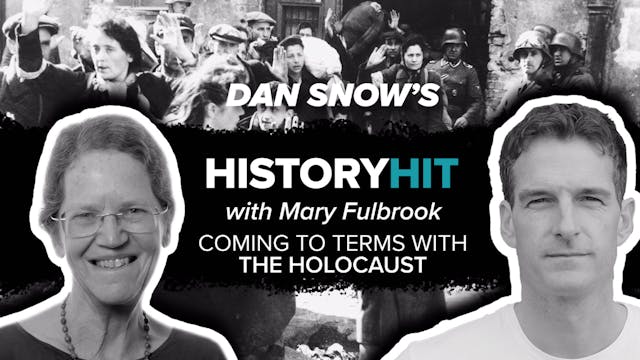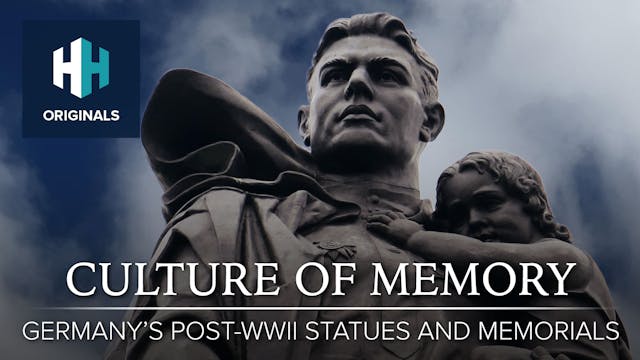The Man Who Volunteered for Auschwitz
World War Two
•
32m
In 1940 the Polish resistance decided it needed to send an agent to Auschwitz concentration camp. They were desperate to find out what was going on in a place that even by that stage of the war had an evil reputation. Historian Jack Fairweather tells the story of Witold Pilecki the Pole who volunteered for the job. He smuggled out the first accounts of the camp to the rest of the world. He chronicled its transition from a concentration camp for Polish political opponents to a factory of genocide.
Up Next in World War Two
-
Coming to Terms with The Holocaust wi...
Professor Mary Fulbrook's book Reckonings won the 2019 Wolfson History Prize for its unique approach to the Holocaust, and in particular, those who perpetrated the atrocities. Fulbrook claims that the West German justice process was far too lenient on many ex-Nazis, who had condemned thousands or...
-
Culture of Memory: Germany's Post-WW2...
Throughout Germany post World War Two monuments can be found in all shapes and sizes. But what they are memorialising is unique: ‘Erinnerungskultur’ – ‘culture of memory’. Focused around the sins of Nazi Germany, these memorials were designed to commemorate the country’s sins between 1933 and 194...
-
Doctor Under Fire: The Extraordinary ...
Over the course of his 106 years, Doctor William Frankland has experienced more than most. He served with the Royal Medical Corps during World War Two, spending more than three years as a prisoner of war of the Japanese following the fall of Singapore. After the war, his medical career focused on...



